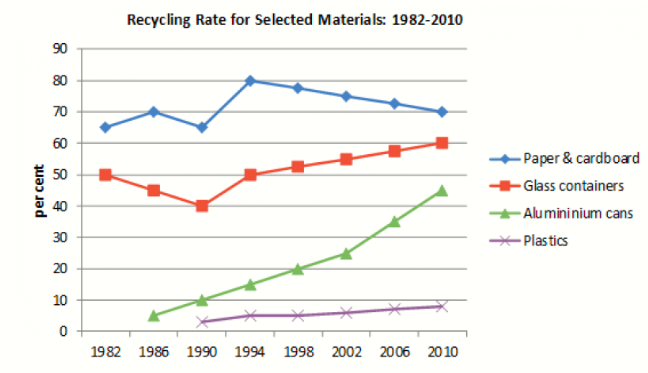Many people believe that English is superior to local languages and think that schools should focus more on teaching English, which might put the local languages at the verge of dissapearance. In this essay, I woud explain both the necessities of learning foreign languages, such as English, and the importance to protect our local languages before proposing some effective solutions for preservation.
To begin with, many opponents claim that the benefits of learning English at school outperform the indigenous languages. This is because human are living in the era of globalization, offering individuals numerous opportunities for occupations in international corporations. Therefore, having a mutual language that helps people to comprehend other people and tasks is not just simply a benefit, but more likely a pre-requisite. Perceiving how advantageous it is for one to be knowledgable in English, many people believe that it is more preferable to learn English at school than other less significant languages. For example, many parents in Asia countries, such as Vietnam, excessively idolize English as the key to success, willing to spend considerable amounts money for their children to study in international schools.
However, thanks to the common belief of English being superior to other languages, many of them are dying out over time, and might completely disappear in some point if this trend continues. Despite the less advantages the indigenous languages can provide, they still play as a significant role in shaping one’s identity of their country, asserting the typical traits, which have been existed for hundreds of years, that can only be found in these specific languages. Therefore, it is important for people to perceive the imporance of their local languages, and they should have practical measures to ensure a language’s survival. These measures can be carried out by both the government and the general public of a country through enhancing citizens’ awareness and practical activities. For instance, many countries in the world have been organizing literature programs at schools aiming at disseminate the beauty of their country’s language.
To conclude, despite the importance of learning English at school and its potential benefits, I believe that teaching local languages is as much crucial. If individuals can balance their learning in both national and international languages, they might achieve more comprehensive benefits in multiple aspects of the life.






 Đăng ký
Đăng ký 

Bạn cần đăng nhập để them gia bình luận